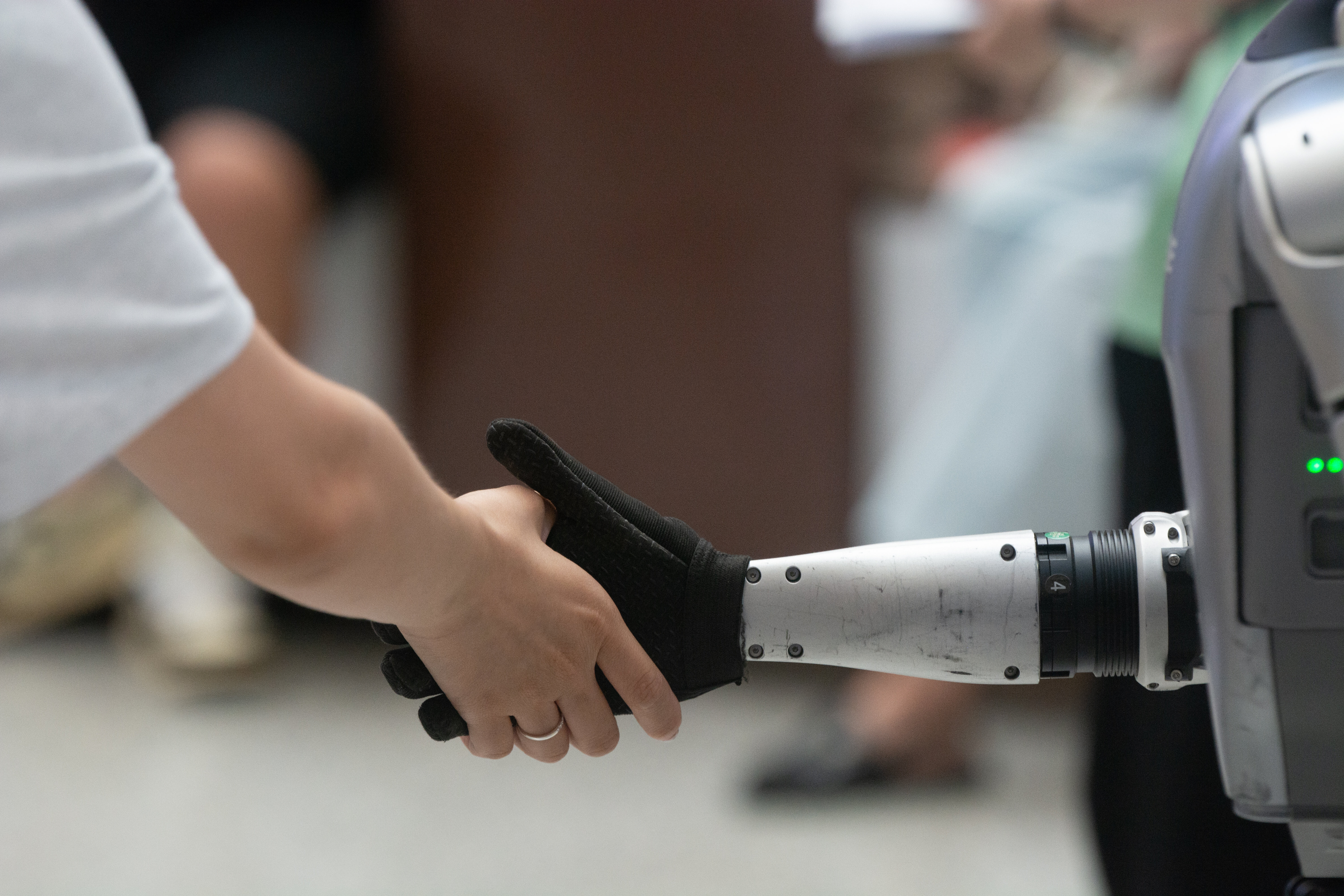China has launched its ambitious ‘AI+’ initiative, aiming to integrate artificial intelligence across all sectors of society and industry by 2027. The State Council’s policy focuses on upgrading traditional industries, launching new products and services, and transforming public institutions like schools and hospitals.
China’s Race for AI Leadership
 Beijing wants over 70% of key sectors to adopt AI-powered intelligent terminals and agents within just a few years. While China may lag behind the West in cutting-edge AI technologies and top-tier AI chips, its strength lies in large-scale, practical deployment. Chinese AI policy covers everything from robotic arms and automation software to smart city solutions, wearables, and intelligent transportation.
Beijing wants over 70% of key sectors to adopt AI-powered intelligent terminals and agents within just a few years. While China may lag behind the West in cutting-edge AI technologies and top-tier AI chips, its strength lies in large-scale, practical deployment. Chinese AI policy covers everything from robotic arms and automation software to smart city solutions, wearables, and intelligent transportation.
The rapid adoption of AI is already giving China an edge in areas like industrial automation, surpassing countries such as Germany and Japan in robot-to-worker ratios. In 2023 alone, Chinese factories installed more than half of the world’s new robots, most of them produced domestically. This scale enables Chinese companies to invest heavily in R&D, accelerating the development and rollout of AI-assisted smart robots nationwide.
Policy, Scale, and Global Ambitions
China’s approach combines strong state direction with industrial policy, a strategy that has already propelled it to global leadership in solar panels, electric vehicles, and high-speed rail. Major cities and provinces, like Shanghai, are investing millions in AI ecosystems and pilot platforms for healthcare, finance, and manufacturing. For example, Shanghai’s Zhongshan Hospital is building a secure AI computing platform to support medical research, diagnosis, and equipment—including robots and health management systems.
Major Chinese tech firms are leveraging large AI models to create sector-specific tools, from airport automation to city monitoring and healthcare solutions. While this aggressive drive may cause inefficiencies and competition, it often produces globally competitive companies and could allow China to set future AI norms and standards.
China’s leadership is also pushing for global AI governance, aiming to shape not just domestic but worldwide technology standards. As China exports its AI technologies globally, especially to the Global South, Europe faces a critical moment. The EU must invest in its own AI capabilities to maintain technological sovereignty and remain competitive.
Sources:
China’s ‘AI+’ drive aims for integration across sectors: a wake-up call for Europe